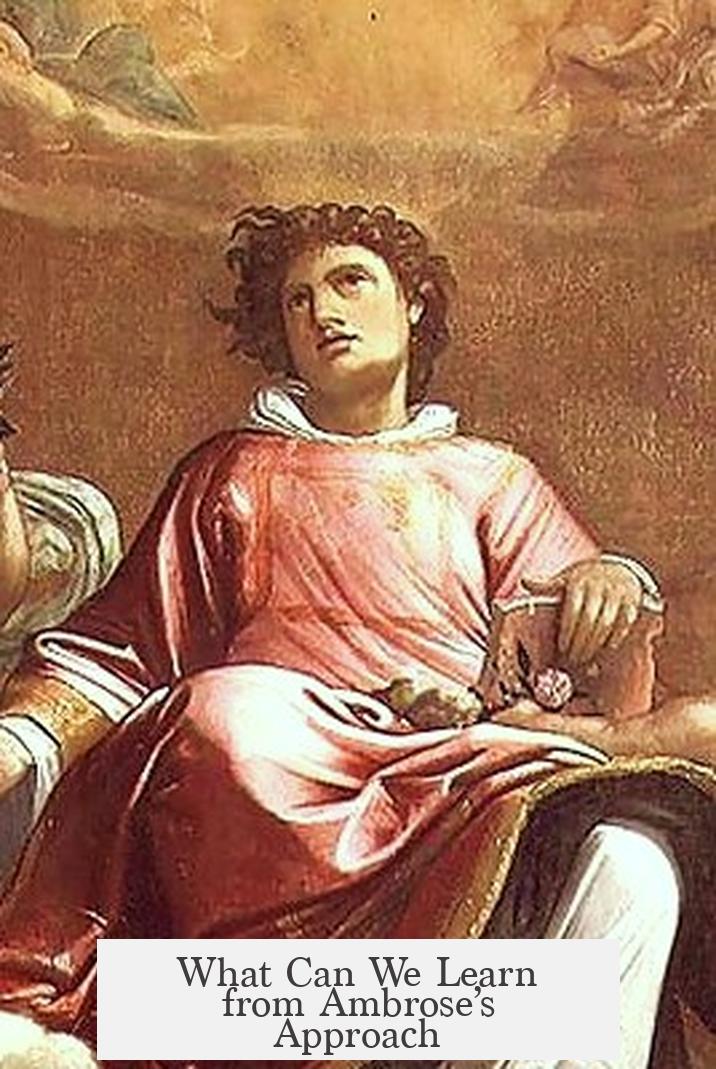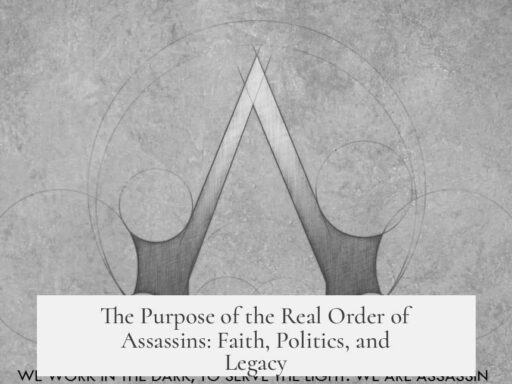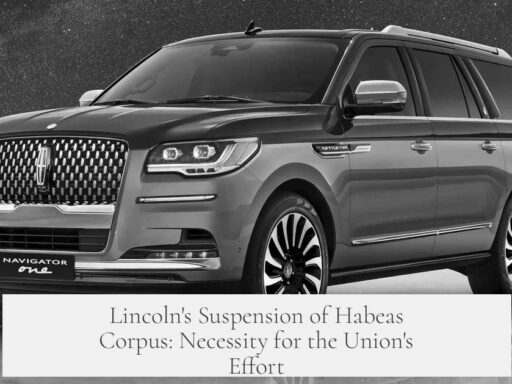Stephen E. Ambrose’s historical work draws significant criticism for its lack of objectivity, overreliance on oral histories, factual inaccuracies, and confirmed plagiarism. His portrayal of the U.S. Army in World War II often borders on uncritical admiration. Ambrose seems to channel an awestruck enthusiasm, presenting American soldiers as heroic figures without sufficiently analyzing evidence or contrasting viewpoints. This cheerleading tone can detach his narrative from rigorous historical standards and diminish balanced analysis.
Ambrose specializes in weaving oral histories into his storytelling. While oral histories provide valuable firsthand examples and immersive perspectives, Ambrose tends to accept these accounts as absolute truth. He focuses heavily on personal narratives, recreating the experiences of soldiers from Normandy to the Eagle’s Nest. This approach echoes ancient historiography that prioritizes storytelling and praise over critical inquiry. However, this method risks perpetuating inaccuracies since interviewees’ memories can be flawed or subjective. Ambrose’s fandom clouds his academic distance, resulting in an enthusiastic but uncritical stance.
Specific scholarly critiques highlight several problems. Niklas Zetterling pinpoints Ambrose’s misuse of sources, treating soldiers’ anecdotes as factual data and referencing inappropriate materials for topics under study. His writings display a fanboy tone and often misrepresent events, undermining scholarly reliability. Some errors—for example, confusing an 80mm artillery round with a German 81mm—may seem minor but indicate a broader pattern of imprecision.
Perhaps the most damaging criticism against Ambrose is the verified plagiarism found in his works. This ethical breach damages his credibility and raises concerns about his research integrity. His success came before advanced digital plagiarism detection tools existed, which partly explains the prior oversight but does not excuse the misconduct.
- Ambrose’s WWII narratives display uncritical admiration for the U.S. Army.
- He heavily relies on oral histories, sometimes treating them as literal fact.
- Scholars criticize his misuse of sources and factual inaccuracies.
- Confirmed cases of plagiarism seriously undermine his reputation.
Stephen E. Ambrose—How Bad Was He at History?

Stephen E. Ambrose’s reputation as a historian is a mixed bag. Was he bad at history? Not exactly, but he sure had a knack for mixing fact, fandom, and, at times, some eyebrow-raising choices in scholarship. Let’s unravel that story.
Ambrose shines brightest when telling captivating stories about American soldiers during WWII. He paints vivid pictures of men landing on Normandy’s beaches and marching to the Eagle’s Nest, drawing readers into their experiences like a master storyteller. But herein lies the rub. His love for the subject often blurs the line between history and cheerleading.
Cheerleader More Than Critic: The Uncritical Enthusiasm
Many critics agree—Ambrose’s work sometimes sounds like an awestruck twelve-year-old fangirling over American troops. When talking about WWII’s U.S. Army, he rarely slips into critical analysis. Instead, Ambrose emphasizes his admiration, almost glowing with pride. One critic sums it up: “His narrative sometimes drifts into cheerleading disconnected from evidence.”
This lack of an objective lens means Ambrose often accepts soldiers’ accounts without thoroughly questioning or contextualizing them. In historical writing, blind praise isn’t enough. It risks painting an incomplete or distorted picture.
Oral Histories: Storytelling Gold or a Trap?
Ambrose loves oral histories—you know, firsthand accounts from veterans. It’s like handing over a megaphone to those who lived the moment. This approach brings intimacy and emotional resonance that dry archives often lack.
But there’s a catch. Oral histories can be subjective, colored by fading memories or personal bias. Ambrose tends to take these stories at face value. This over-reliance makes some scholars uneasy. Sure, history is about stories, but should the chapter close there? Critics argue he doesn’t step back enough to analyze or verify these narratives, giving readers a one-sided view.
One reviewer put it nicely: Ambrose “lets you know what it was like to be one of these men,” he resurrects the ancient tradition of history as a story meant to praise and glorify, much like Roman historians did. That’s charming but dangerous for modern historians craving rigor.
Errors, Misunderstandings, and a Fanboy Flair

Then there’s the nitty-gritty stuff: Ambrose’s mistakes. Military historian Niklas Zetterling takes Ambrose to task for issues like misuse of sources and general misunderstandings—especially about combat effectiveness.
For instance, Ambrose sometimes mistakes facts, referencing soldiers’ accounts as ironclad truth without cross-checking. Critics describe his style as “fanboyish,” highlighting a tendency to misrepresent events in a way that boosts his beloved subjects rather than explains them.
Yet, some errors are, frankly, minor. Like calling an 81mm German mortar an 80mm. Not a hanging offense, but emblematic of Ambrose’s sometimes loose grasp on precision.
The Plagiarism Controversy: The Shadow Over His Legacy
Now, the big elephant in the room: plagiarism. This is arguably the most serious black mark against Ambrose. Evidence shows that he copied from other authors’ work without proper attribution. This shakes the trust fundamental to any historian’s credibility.
Ambrose’s rise happened before tools like Google made spotting plagiarism easier—a time when digital footprints were scarce. That doesn’t excuse it, but it puts the controversy in context. Still, plagiarism stains his legacy and invites scrutiny into just how much of his work is genuinely his own.
So, Was Stephen Ambrose Bad at History?
Well, not quite. He’s more like a historian who loved stories and the heroes within them too much to be perfectly objective. Ambrose excels at telling what it felt like to be a soldier, which can enthrall readers. However, his uncritical approach and factual slips turn off scholars searching for tight, balanced history.
In practice, he appeals best to general readers wanting a gripping narrative rather than academic historians chasing precision and skepticism. His works function better as historical novels than textbooks.
Think of Ambrose as the charismatic tour guide who knows all the soldier anecdotes by heart, tells you stories that put you in their boots, but occasionally forgets to check the map carefully before claiming a shortcut.
What Can We Learn from Ambrose’s Approach?

- Appreciate storytelling: History isn’t just dates and facts. Ambrose reminds us that the human experience breathes life into history.
- Keep critical thinking alive: Oral histories are gold but treat them as pieces of a puzzle, not whole truths.
- Research diligently: Double-check sources to avoid errors and plagiarism.
- Balance enthusiasm with skepticism: Passion for your subject should not eclipse impartial analysis.
Ultimately, Ambrose’s work sparks curiosity about WWII and the American soldier’s experience. Yet, read with a grain of salt and complement with other historians’ more rigorous research. That way, you get both the heart and the head in your history stew.
Final Thought: How to Enjoy Ambrose While Staying Realistic
Are you craving an emotional dive into WWII stories told with warmth and admiration? Stephen Ambrose delivers. But if you want critical, exact, and fully vetted history, his books are just a starting point.
Maybe the takeaway is simple: Ambrose *isn’t* history’s worst offender, but he’s the energetic fanboy we all love who happens to be a bit careless with the facts. That mix can be charming and exasperating.
So, how bad was Ambrose at history? He wasn’t the most rigorous historian, but he wasn’t exactly “bad” either—he’s best seen as a passionate storyteller who invites us into the past, even if he sometimes ignores the fine print.




